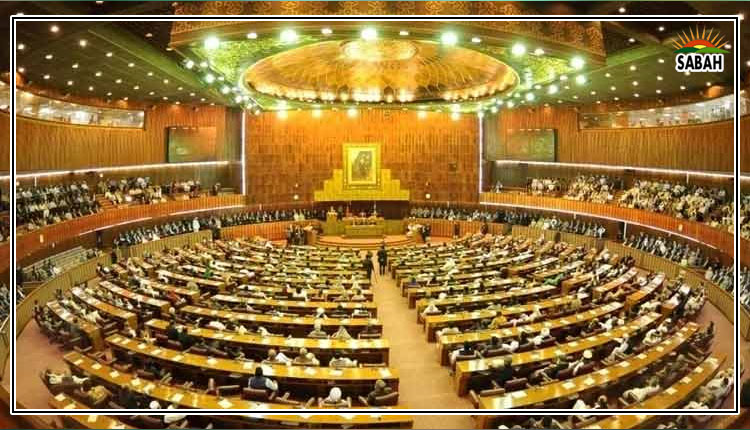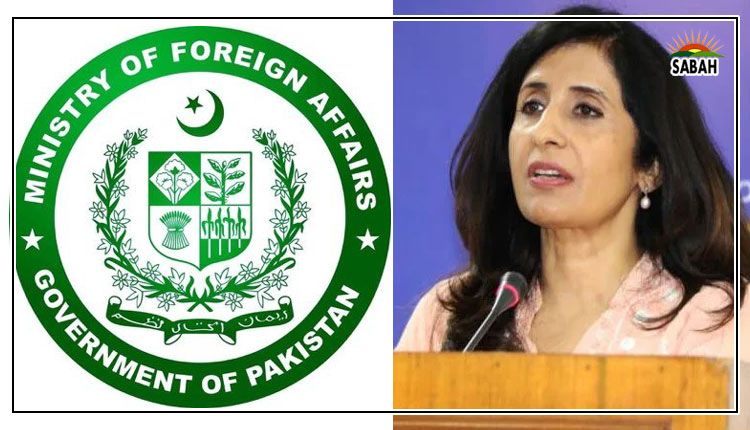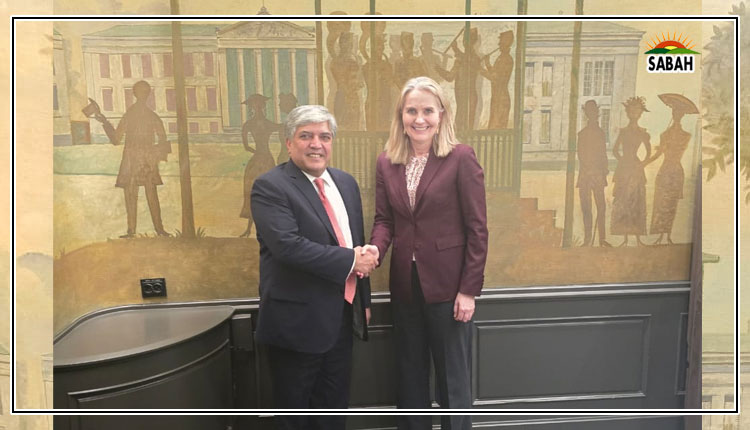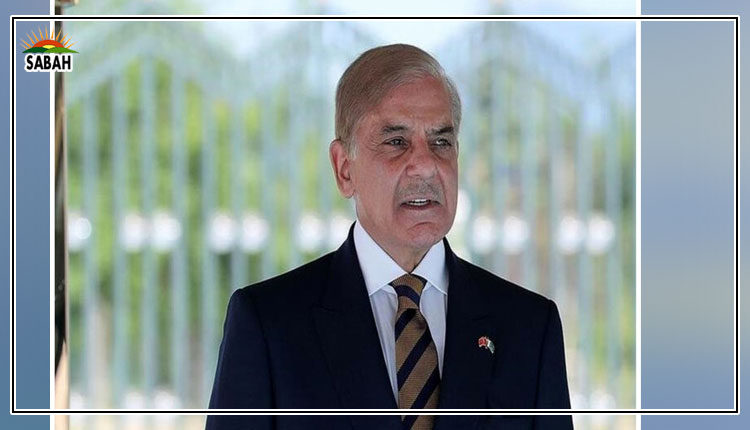The Concept of Human Rights in Islam…..By Dr. Ghulam Nabi Fai Chairman World Forum for Peace & Justice Washington, DC
In order for us to do justice to the topic of Islamophobia, it is imperative that we understand what fear implies. Fear is defined as “a distressing emotion aroused by impending danger, evil, pain, etc., whether the threat is real or imagined; the feeling or condition of being afraid.” In line with this definition, it would not be wrong to claim that many in the Western world are currently living in a state of fear of Islam. However, one needs to acknowledge that the threat Islam is seen as posing to the world is imagined rather than real. Unfortunately, though, the repercussions of this irrational fear of Islam are not only affecting individual Muslims in the form of increased discrimination, harassment, and persecution, but also infiltrating into foreign policy decisions worldwide.
The West has numerous misconceptions about Islam, particularly with regard to human rights. Often human rights violations in certain dictatorial regimes in the Muslim world are cited to prove the point. The point to note is that human rights violations can never really occur in genuine Islamic states. Ironically, the West continues to support these oppressive autocracies and despotic regimes in the Muslim world, ignoring popular voices that oppose these regimes and their rulers.
Islam upholds the same human rights precepts as enshrined in the United Nations Universal Declaration of Human Rights (UDHR). Unfortunately, though, it must be conceded that these rights are rarely upheld in the so-called Muslim world. The word Islam literally means submission to God, which only means that Islam encapsulate the same moral principles as outlined in the Hebrew Bible and the New Testament, both of which served as templates for the modern Western code of law and legal system. Prophet Muhammad (peace be upon him) introduced the concept of human rights to Arabia when there was no such concept in the world, what to speak of 7th century Arabia. He is the one who promoted human rights and human dignity not only for his followers, but also for all of humanity.
Islam, as a growing force in the world, is not a threat and it is compatible with the Western ideals of freedom and democracy. This is not to say that an Islamic society would look like an American one, but neither do any of the socialist democracies or monarchies found throughout Western Europe and much of the Western world are modeled on the American system. It should not be the West’s goal in particular America’s, to impose their own version of democracy in the Islamic world but rather to support the rise of governments that uphold the same tenets of equality, freedom, and justice that the West holds dear.
Undoubtedly, the message of some emergent Islamic groups tends to be more extreme (often misrepresenting or misreading Islamic teachings altogether), but the West needs to understand that this is often a reaction to the policies of some of its states and their governments. If Islamic groups that protect human rights and representative ideals were to receive support from the West, they would be able to find a foothold in the Muslim world and help usher in a new era of peace and prosperity.
Before proceeding to unveil human rights as envisaged in the Qur’an, it is necessary to point out that while most Muslim scholars cite human rights to highlight certain apparent similarities in Western and Islamic value systems, they erroneously try to cloak the Islamic values in contemporary Western ideological garb so as to project them in a favorable light.
Using the UDHR as a reference point, they fashion frail arguments using verses such as: “We have honored the children of Adam (AS) and carried them on land and sea and provided them with good things and preferred them over many of those we created,” (Qur’an, 17:70) to prove, for example, that “dignity is a resolute principle that every human being warrants at a humanitarian level.” This initiative is merely an attempt to squeeze out of the Qur’anic verses something, which has a resemblance to modern Western declarations. In fact, most readers would not have otherwise interpreted dignity in this passage as it is conventionally defined (dignity: “the quality or state of being worthy of esteem or respect’). Islam does indeed uphold the spirit of such values, but refers to them in a manner that can be applied across time and space. The Qur’anic precepts are universal and are meant for the purpose of individual spiritual development, as well as a blueprint for establishing peace and harmony between peoples. For example, God says in the Qur’an:
“O mankind, we created you from the same male and female, and rendered you distinct peoples and tribes, that you may recognize one another. The best among you in the sight of GOD is the most righteous. GOD is Omniscient, Cognizant..” (Qur’an, 49:13)
This affirmation of a single lineage of common ancestry links all human beings as brothers and sisters. After all, we are all descendants of one father and one mother. From this clearly flow the concepts of brotherhood and reciprocity and all other ideals central to civilized interactions between peoples. However, the pursuit of happiness in the Western and Islamic contexts may differ. If one’s pursuit of happiness encroaches on another individual’s basic rights, Islam would not condone it, given the obvious difficulties that would arise (cannibalism is an extreme, albeit excellent example).
While Qur’anic ideals are timeless, Islamic thinkers need to explain them in universal terms. For example, readers need not be reminded that slavery was allowed in the United States until 1865 (although technically not until 1928 with the abolition of the convict-lease system and even with such legislative mandates, most of the slaves bought and sold today – for sex, labor, etc., unfortunately find their destination in modern Western countries without much press or legislative attention). The Qur’an has been discouraging slavery since 600 C.E. Based on the typical frivolous “catch-up” and imitative approach of Islamist thinking, Muslim apologists, prior to 1865, would even have contended that Islam also allowed slavery because it never forbade it.
Again, Islamists should concentrate their efforts towards defending universal truths as conveyed through all the sacred scriptures, especially the three Abrahamic faiths of Judaism, Christianity & Islam. Some of these timeless spiritual principles are reflected in the thirty articles of the United Nations Universal Declaration of Human Rights, though many have been still left out, as subsequent paragraphs will show.
(To be continued)











